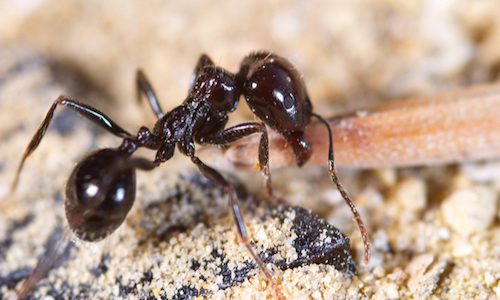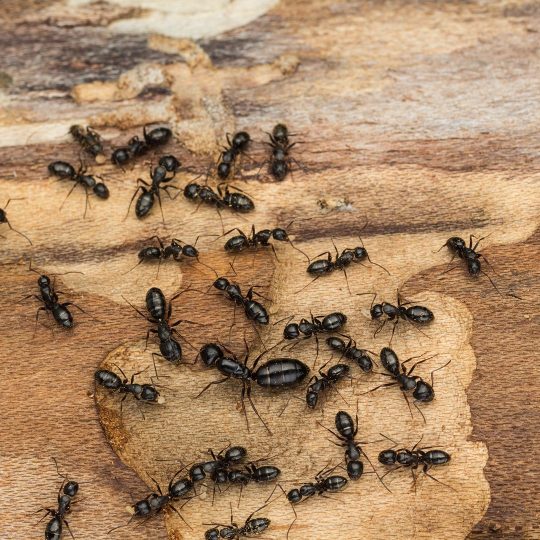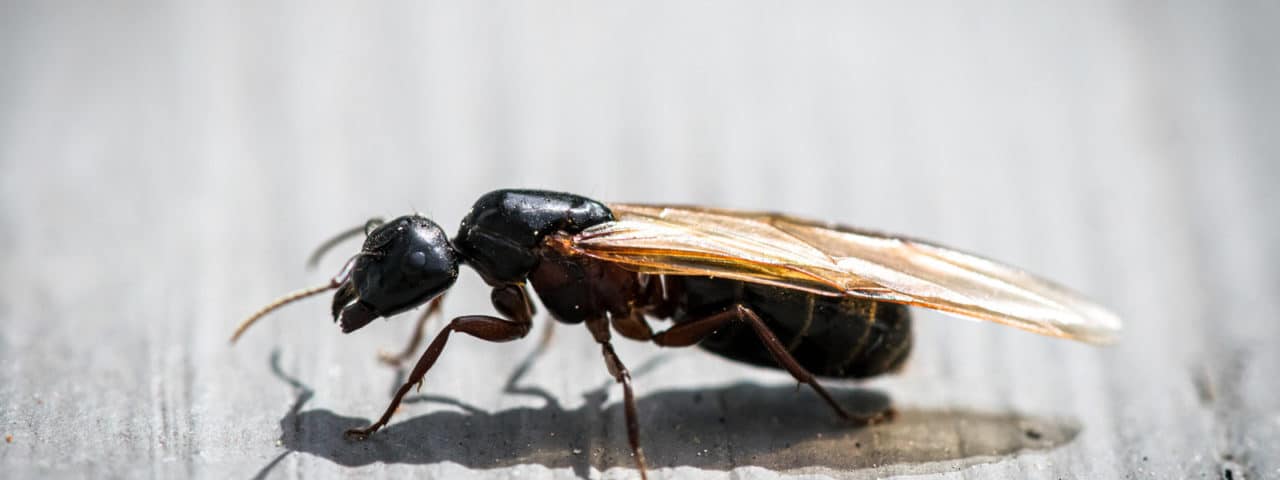Why Select Our Termite Control Services: Specialist Solutions for Effective Protection
Why Select Our Termite Control Services: Specialist Solutions for Effective Protection
Blog Article
Ecological Impact of Insect Control: Balancing Performance With Sustainability
The ecological influence of pest control is a vital concern that requires a delicate equilibrium between attaining efficiency in making certain and managing pests sustainability of our ecological communities. As we strive to secure our plants, homes, and health from the dangers postured by pests, the approaches we employ can accidentally harm the atmosphere. From the usage of harmful chemicals that seep into our dirt and water to the unexpected repercussions on non-target species, the consequences of conventional insect control methods are far-ranging. Nevertheless, there are arising techniques that provide wish for a more lasting approach to pest administration. These options not just aim to address the immediate parasite troubles but likewise take into consideration the long-term wellness of our world.
Damaging Chemicals in Insect Control
The application of hazardous chemicals in parasite control postures considerable ecological and wellness threats that warrant mindful factor to consider and reduction approaches. Pesticides, herbicides, and insecticides are frequently used to remove pests, however their prevalent application can cause unexpected consequences. These chemicals can contaminate soil, water resources, and the air, impacting not only the targeted pests however also valuable pests, wildlife, and human beings.

To deal with these risks, integrated insect management (IPM) methods are being promoted as an extra lasting option. IPM involves a mix of methods such as organic control, habitat adjustment, and the targeted use of pesticides as a last resource (ant control pineville nc). By adopting an alternative strategy to pest control, we can lessen the ecological and health and wellness influences related to dangerous chemicals while efficiently managing pest populaces
Influence on Non-Target Variety
Taking into consideration the unexpected effects of parasite control techniques, the effect on non-target varieties is an important aspect that calls for detailed analysis. While parasite control steps aim to target certain parasites, various other microorganisms in the community might be accidentally impacted. Non-target varieties, consisting of advantageous bugs, birds, animals, and also plants, can experience straight or indirect injury from chemical applications or biological control methods.
Pesticides created to combat a specific insect pest might hurt pollinators like or all-natural predators such as ladybugs. Biological control representatives, if not species-specific, can pose dangers to unintended targets, interrupting the environmental equilibrium.
To minimize the influence on non-target species, incorporated bug administration (IPM) strategies that highlight an all natural technique to pest control are suggested. These methods prioritize using ecologically pleasant techniques, lessening damage to useful microorganisms while efficiently managing pest populaces. Performing thorough risk assessments and keeping an eye on the outcomes of parasite control efforts are necessary action in protecting non-target types and promoting general community wellness.
Dirt and Water Contamination
Unintended ecological repercussions of parasite control methods prolong beyond affecting non-target types, with considerable ramifications for soil and water contamination - ant control. Pesticides, herbicides, and chemical plant foods used in insect control can seep right into the soil and pollute groundwater, positioning a danger to both terrestrial and marine environments.
Water contamination is another essential problem associated with bug control practices. To alleviate dirt and water contamination from insect control tasks, integrated parasite management approaches top article that focus on sustainability and lessen chemical inputs are vital.
Air Contamination From Chemical Usage
Direct exposure to airborne chemicals throughout agricultural applications presents a considerable concern for air contamination control actions. In addition, pesticide drift, where chemicals are lugged by the wind to unintended areas, can lead to the contamination of close-by environments and water bodies.

Methods for Lasting Pest Control
In the realm of agricultural methods, applying lasting pest control techniques is critical for preserving eco-friendly equilibrium and guarding plant returns. Lasting pest control emphasizes making use of environmentally friendly techniques to handle bug populaces successfully while lessening injury to non-target microorganisms and ecosystems. Integrated Pest Management (IPM) is a widely adopted method that incorporates organic, social, physical, and chemical control techniques to accomplish long-term pest management solutions.
Crop turning and diversification are additionally effective strategies to interrupt pest life cycles and develop less desirable conditions for parasites to thrive. Ultimately, by integrating these sustainable bug control approaches, farmers can accomplish an equilibrium between pest administration effectiveness and ecological stewardship.
Verdict
Finally, the environmental influence of parasite control techniques must be meticulously taken into consideration to balance efficiency with sustainability. Unsafe chemicals used in pest control can lead to soil and water contamination, air contamination, and harm non-target types - termite control. It is crucial to apply sustainable bug control approaches to decrease these unfavorable results on the setting and promote a healthier environment for future generations
By embracing an alternative strategy to pest control, we can minimize the environmental and health effects connected with unsafe chemicals while effectively managing pest populations.

To mitigate the air contamination caused by chemical usage, it is vital to adopt integrated pest administration techniques that focus on the use of non-chemical insect control approaches, such as crop turning, all-natural predators, and resistant plant varieties. Sustainable parasite control emphasizes the usage of eco friendly techniques to handle bug populaces effectively while lessening injury to non-target organisms and environments. Integrated Pest Monitoring (IPM) is a widely embraced technique that incorporates biological, cultural, physical, and chemical control techniques to accomplish lasting parasite administration options.
Report this page